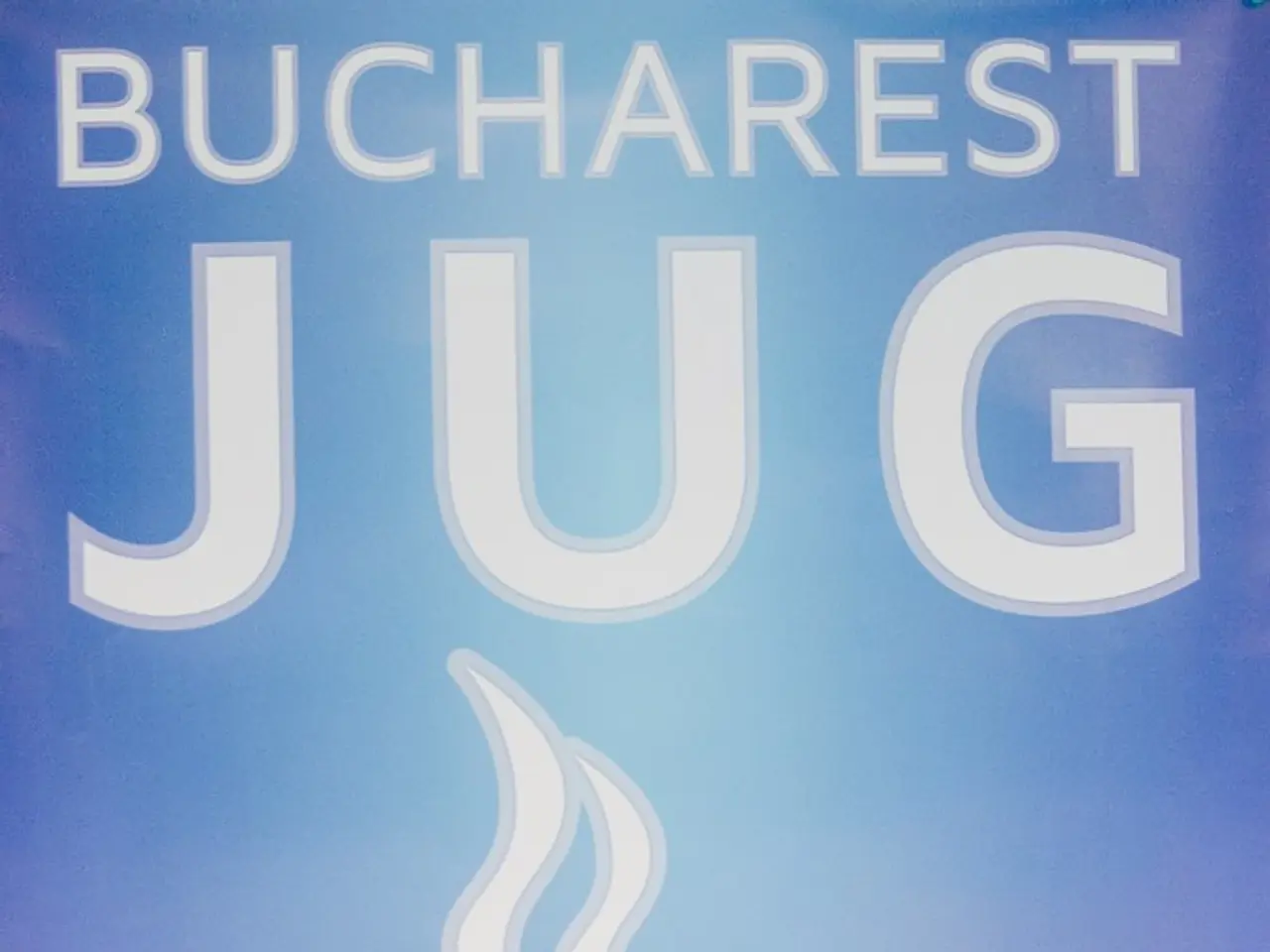Space company Axiom Space collaborates with the Wake Forest Institute for Regenerative Medicine on a project funded by the National Science Foundation's Regional Innovation Engines.
In a groundbreaking development, the Wake Forest Institute for Regenerative Medicine (WFIRM) has partnered with Axiom Space, the principal provider of commercial human spaceflight services to the International Space Station. This partnership aims to explore a new frontier for tissue and organ regeneration in microgravity, elevating and transforming the Winston-Salem region into a world-leading hub of innovation for regenerative medicine and in-space biomanufacturing.
WFIRM, an international leader in translating scientific discovery into clinical therapies, has been a recipient of an inaugural U.S. National Science Foundation (NSF) Engines grant. The NSF Engines award, designed to elevate and transform entire geographic regions into world-leading hubs of innovation, provides $15 million for the first two years and up to $160 million for ten years.
This partnership leverages the benefits of microgravity, a unique environment that could potentially revolutionise the field of regenerative medicine. Axiom Space is building the world's first commercial space station, Axiom Station, which will provide access for this collaborative venture.
The Wake Forest Institute for Regenerative Medicine, located in the Innovation Quarter in downtown Winston-Salem, NC, has a team of over 500 people, making it the largest institute in the world for regenerative medicine. WFIRM researchers have successfully engineered replacement tissues and organs in all four categories - flat structures, tubular tissues, hollow organs, and solid organs. They have also developed and implanted the first engineered organ in a patient.
To date, 16 different applications of cell/tissue therapy technologies have been successfully used in human patients at WFIRM. This partnership with Axiom Space presents an exciting opportunity to expand these horizons, pushing the boundaries of what is possible in regenerative medicine.
The NSF Engines grant allows for the addressing of user-inspired technical challenges in collaboration with partnered institutions. However, at this time, the specific partner institutions involved with the ITECs (Industry-University Cooperative Research Centres) in the Axiom Space partnership for in-space biomanufacturing under NSF Engines funding, other than the Wake Forest Institute for Regenerative Medicine, have not been disclosed.
The NSF Engines award aims to expand the frontiers of technology and innovation and spur economic growth across the nation. By partnering with Axiom Space, WFIRM is taking a significant step towards achieving this goal, contributing to the transformation of the Winston-Salem region and the field of regenerative medicine as a whole.
Read also:
- Impact of Chronic Stress on Cognitive Function and Brain Integrity Over Time
- Living Situations of a Girl with "Fish Skin" Near Novosibirsk: Examination of Social Isolation Among Children
- Transplanted cycads at the University of Guam have significant survival problems when transferred to foreign soil, with fewer than ten percent surviving long-term.
- Fundamental Insights: Exploring the Essential Principles of Magnetism in a Simple Manner








